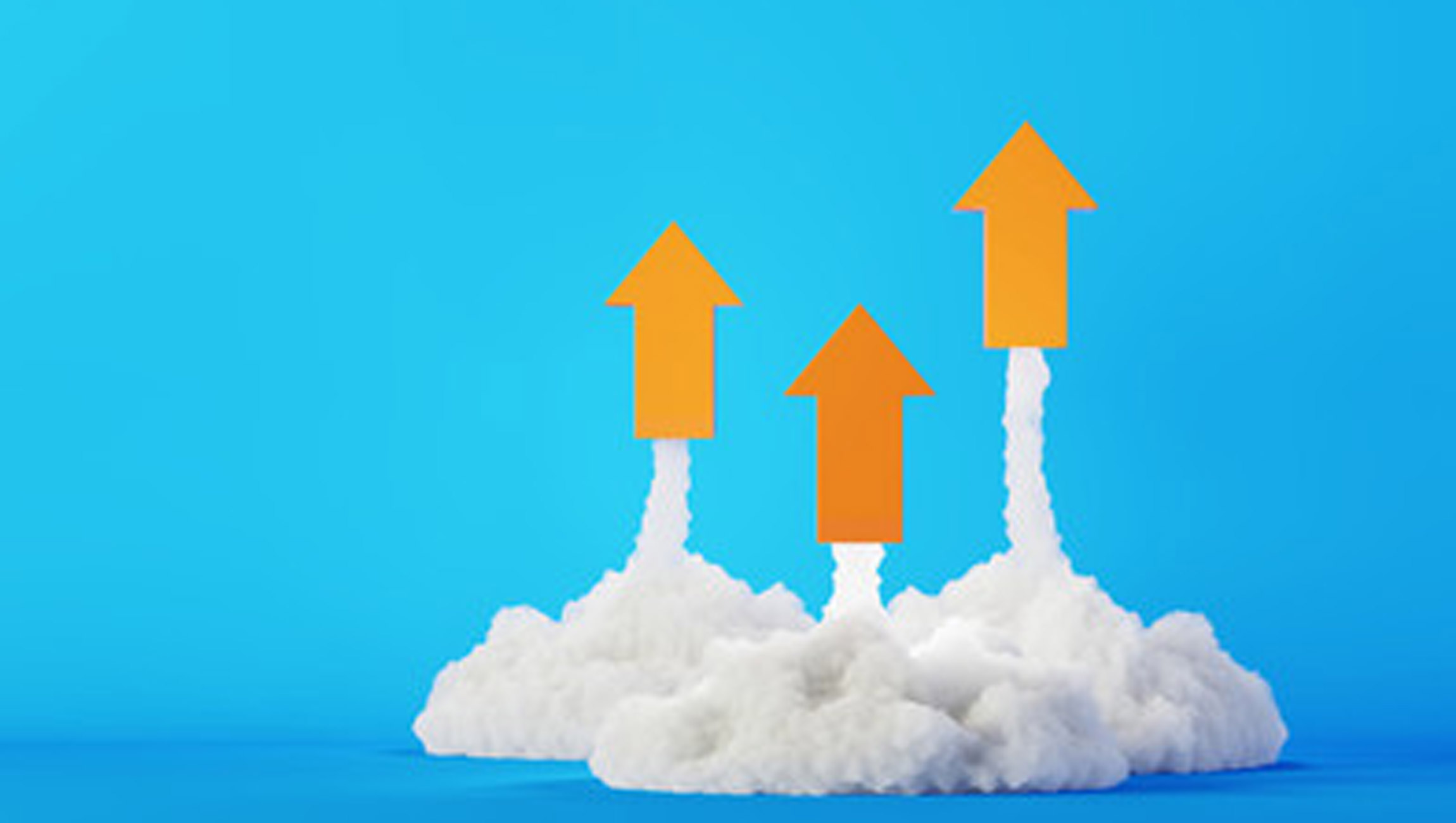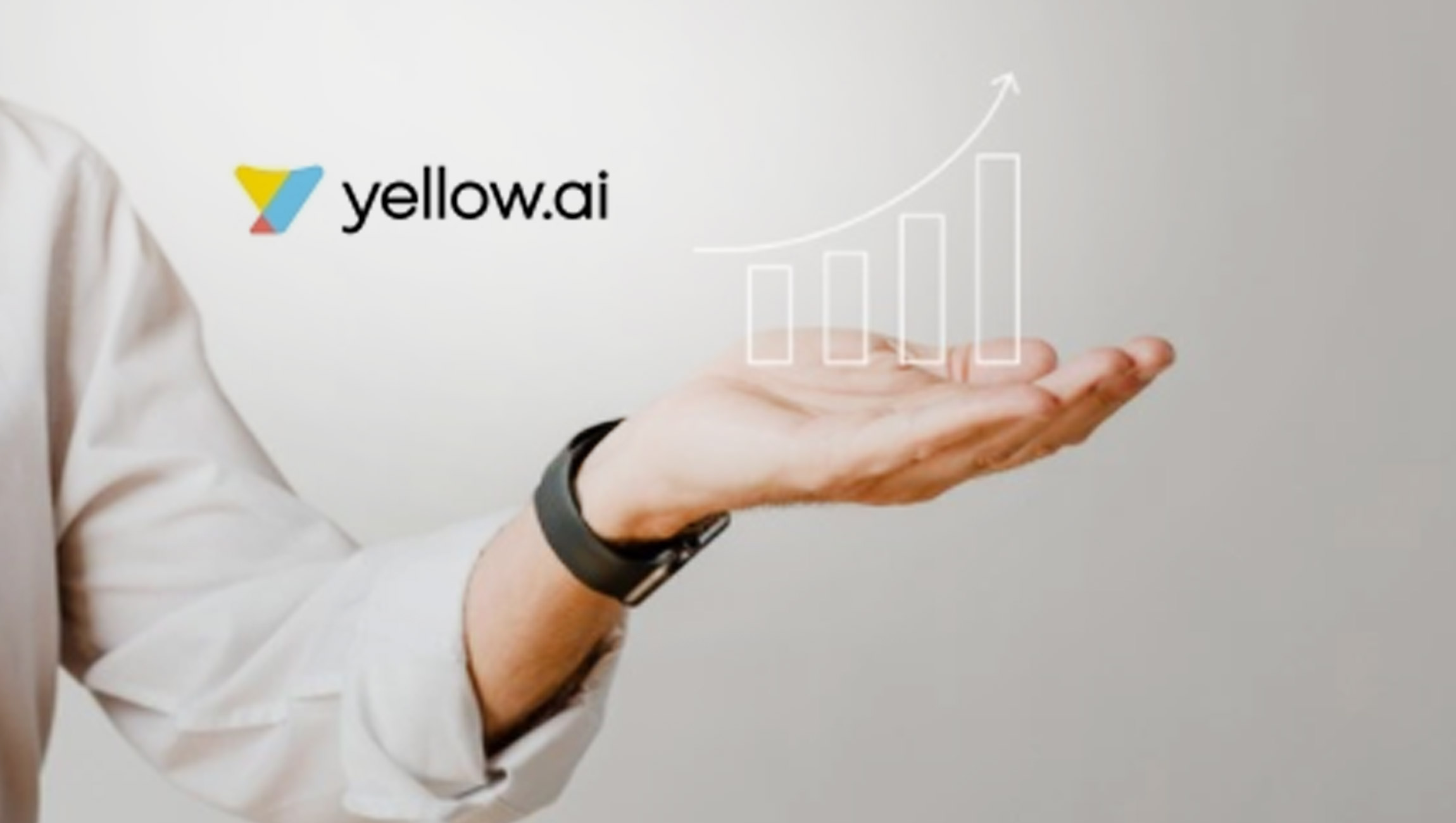B2B customers want more channels, more convenience, and more personalized experiences, with 20 percent of B2B decision makers willing to spend between $500,000 and $5 million USD on a single remote or self-service transaction
McKinsey & Company’s latest Global B2B Pulse shows that after two years of nearly nonstop business disruption, the consumerization of B2B commerce has arrived as companies flex their omnichannel muscle to move at the speed of their customers.
B2B customers are adopting buying habits from the B2C space, rewarding personalization and omnichannel experiences with high-ticket remote and self-service purchases and loyalty. One in five (20 percent) B2B decision makers are now willing to spend between $500,000 and $5 million on a single interaction on remote or self-service channels. This accompanies exponential growth in sellers’ satisfaction with omnichannel sales models (i.e., face-to-face, remote, and ecommerce interactions) to reach and serve customers: 70 percent of B2B decision makers say their sales model is now more effective, up from 27 percent in April 2020.
In analysis of responses from nearly 3,500 decision makers in 12 markets across the world, clear trends have emerged. At the core is one consistent pattern: B2B customers want omnichannel all the time, with more channels, more convenience, and more personalized experiences.
Marketing Technology News: EngageSmart Appoints Kevin O’Brien as President, Enterprise Solutions
Be where the customers are
B2B buyers want in-person, remote (e.g., video conference), and self-service (e.g., e-commerce) channels in equal measure. This “rule of thirds” for B2B sales is entrenched as a universal truth. But, for those who break the mold are leaving customers and sellers unhappy. In France and Japan, which have not kept pace with the omnichannel wave, sellers are far less pleased with their sales performance than their peers in other markets. Overall, only 43 percent of France’s and 44 percent of Japan’s B2B leaders say omnichannel is equally or more effective than before COVID-19, compared with 83 percent in Brazil, 82 percent in China, 80 percent in India, and 73 percent in the US.
More channels, more growth
The rise of omnichannel has redefined the customer experience as customers seamlessly engage across ten or more channels to interact with suppliers across the buying journey. This is a jump from five channels in 2016 and 7.5 channels in 2019. The more channels companies offer, the greater their market-share growth. Nearly three-quarters (72 percent) of B2B companies that sell via seven or more channels grew their market share.
With loyalty up for grabs, it’s time to act
Loyalty remains elusive, but this presents an opportunity for swift action. Nearly 80 percent of B2B customers globally say that a performance guarantee, including a full refund if a certain performance level is not met, is critical for brand loyalty. Other must-dos include showing product availability online, enabling purchases over any channel, providing real-time customer service, and offering a consistent experience as buyers toggle between channels. Although customers’ heightened openness to switching sharply escalates churn risk, it also presents B2B companies with an opportunity to acquire new customers.
Marketing Technology News: MarTech Interview with Andy Stevens, Chief Data Officer at Clear Channel International
A higher return on personalization
Many B2B companies say they engage in some form of personalization, but performance varies. Sellers that offer the most tailored, one-to-one outreach are 1.7 times more likely to have gained market share than those pursuing only moderate personalization efforts.
Marketplaces are the next gen for the next-gen leaders
Respondents who indicate that their companies have built their own online marketplace are almost twice as likely to report a gain in market share as those who say their companies did not build a marketplace.
Jennifer Stanley, Partner, McKinsey & Company:
“Over the last two years, B2B companies have sprinted to rewire and build new customer-centric, omnichannel capabilities. With the consumerization of B2B commerce, the bar is now even higher. B2B leaders should anticipate trends and behaviors and respond accordingly to drive customer value, reinforce loyalty, and unlock sustainable growth.”











